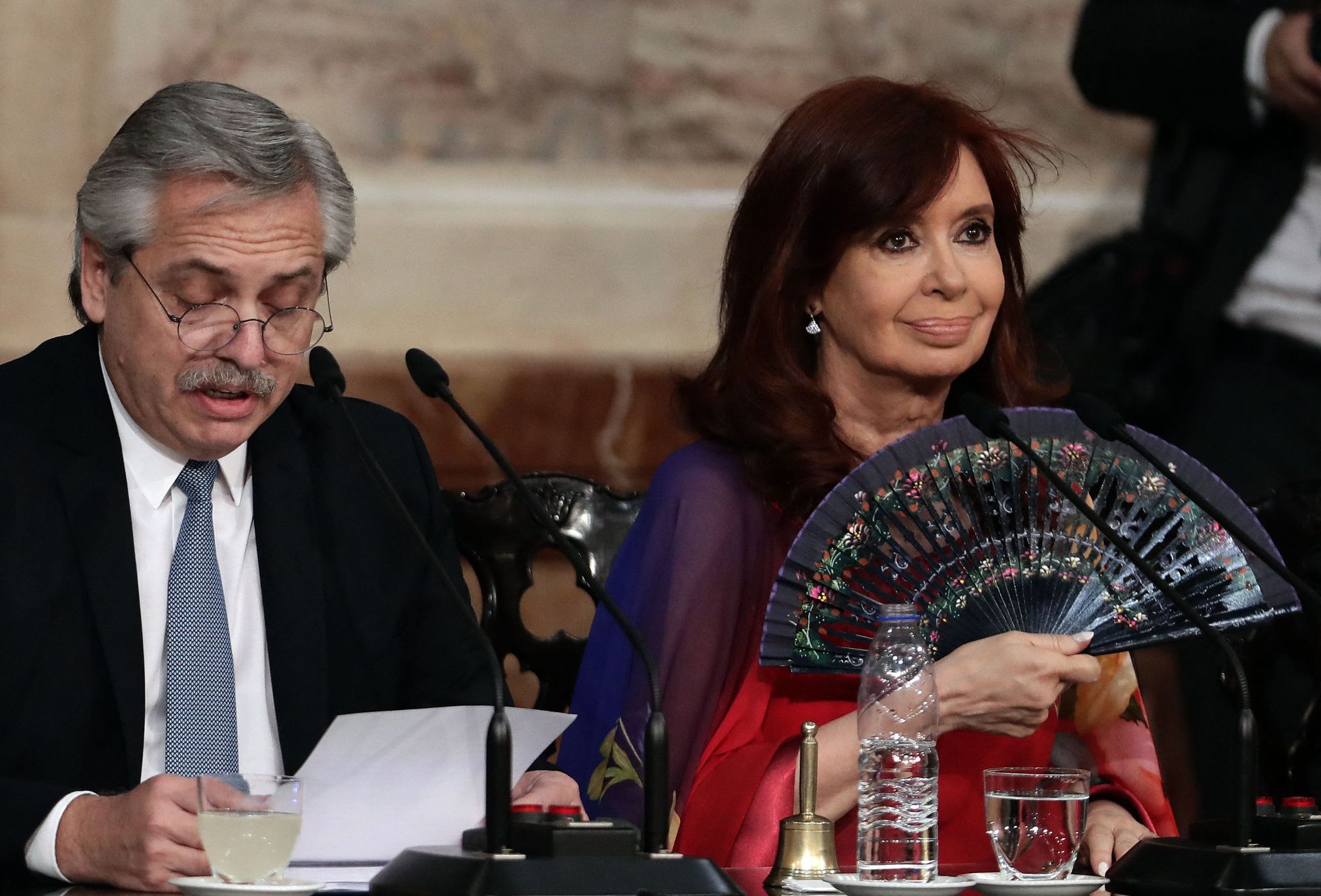RIO DE JANEIRO, BRAZIL – The debt refinancing agreement signed between Argentina and the IMF on Friday opened a new crisis among the Peronists, putting the Kirchnerist wing, led by Vice President Cristina Kirchner, on a collision course with the bloc led by Argentine President Alberto Fernandez.
The pact, concerning a US$44.5 billion debt incurred by Argentina in 2018, provides for refinancing through an “extended facilities program” over two and a half years. The agreement requires Argentina to reduce its deficit to zero by 2025 and significantly cut government energy subsidies.
Dissatisfied, on Monday, Congressman Máximo Kirchner, the son of Cristina and former Argentine President Néstor Kirchner, resigned his leadership of the ruling bloc in the Chamber of Deputies. “This decision stems from the fact that I do not share the strategy used and even less the results obtained with the negotiation with the IMF,” said the deputy.

For Máximo, it would be “irrational and inhumane” to signal and propose corrections to the IMF’s “errors and abuses”. “Perhaps its name should be International Monetary Force since I see they are always interested in expenses. They could save on expensive economists because, to do what they do, it is enough people who know how to push, promising hell if what they want is not done.”
Máximo’s decision increases uncertainty within the ruling coalition, formed in the 2019 elections, due to differences between Kirchnerism – the more leftist wing – and the rest of Peronism, led by the more moderate Fernandez. The two factions had already clashed a few months ago following the government’s defeat in the legislative primaries.
HIGH RISK
Máximo’s resignation puts the agreement itself, which Congress needs to approve, at risk. “The decision represents a significant blow to the agreement, especially since many of the most challenging issues still need to be negotiated,” warned economic analyst Daniel Kerner, director for Latin America at consultancy Eurasia. “MPs will have to approve it, but a divided ruling party will find it very difficult to find the necessary votes.”
Shortly after learning of Máximo’s resignation, Fernández gave an interview to the C5N channel. “Last Wednesday, I spoke with Máximo. He mentioned his differences. Today, he called me and said he had made this decision. I said it was not necessary,” the president stated. “He told me that Cristina disagreed with the resignation. She has her nuances regarding the IMF, but I am the president. I’m sure that we are continuing on the best path.”
Since the beginning of the Fernández government, Kirchnerism has been the wing of the Peronist Executive with the harshest discourse against the IMF. Some members of the group have criticized the negotiation. “This agreement is not a benefit. It is to hand over the country!” wrote former Kirchnerist MP Fernanda Vallejos on Twitter.
“Let’s call attention to the dangers and risks that the agreement has,” said MP Leopoldo Moreau, who intends to change the text signed by the government. “I hope that this alert will remove some issues when the definitive memorandums of understanding are signed.”

